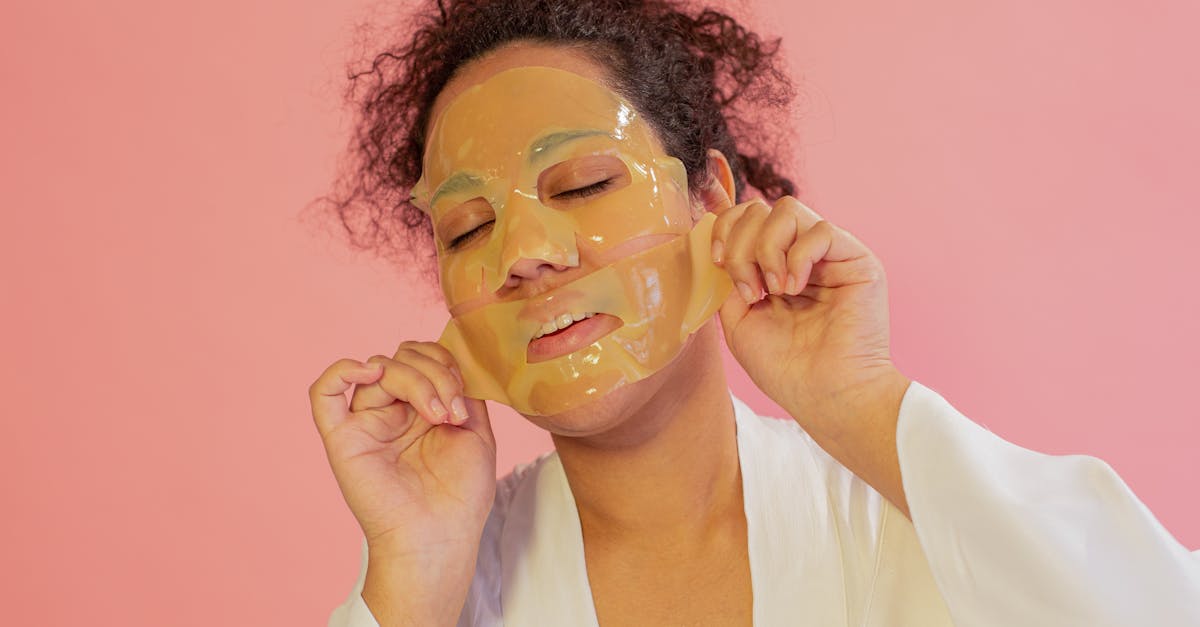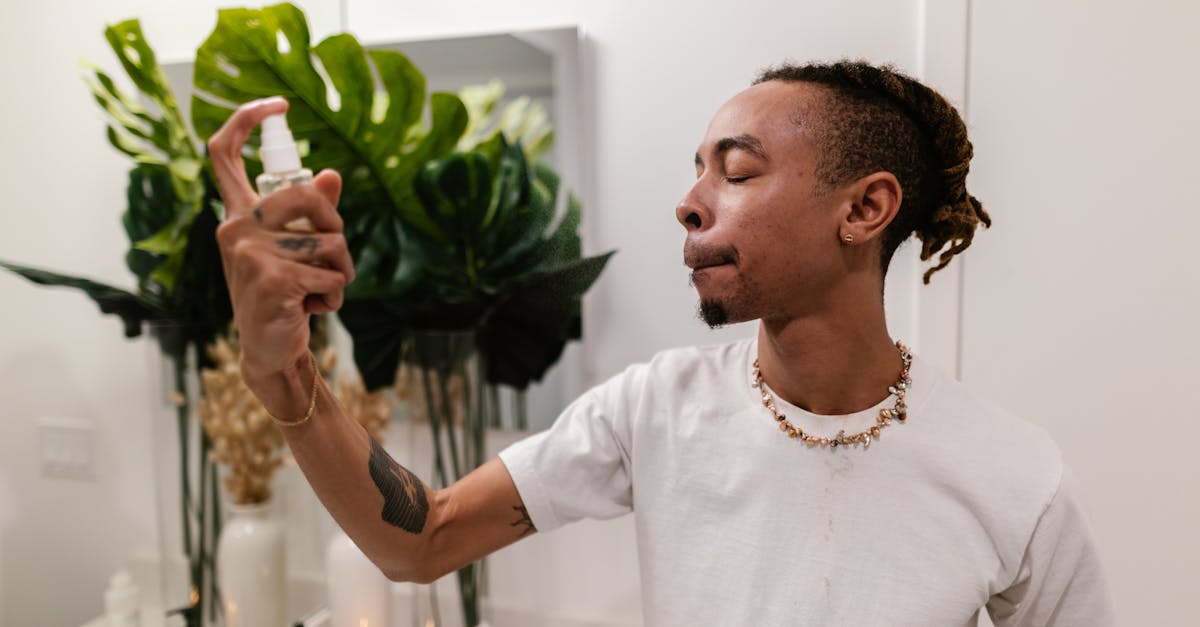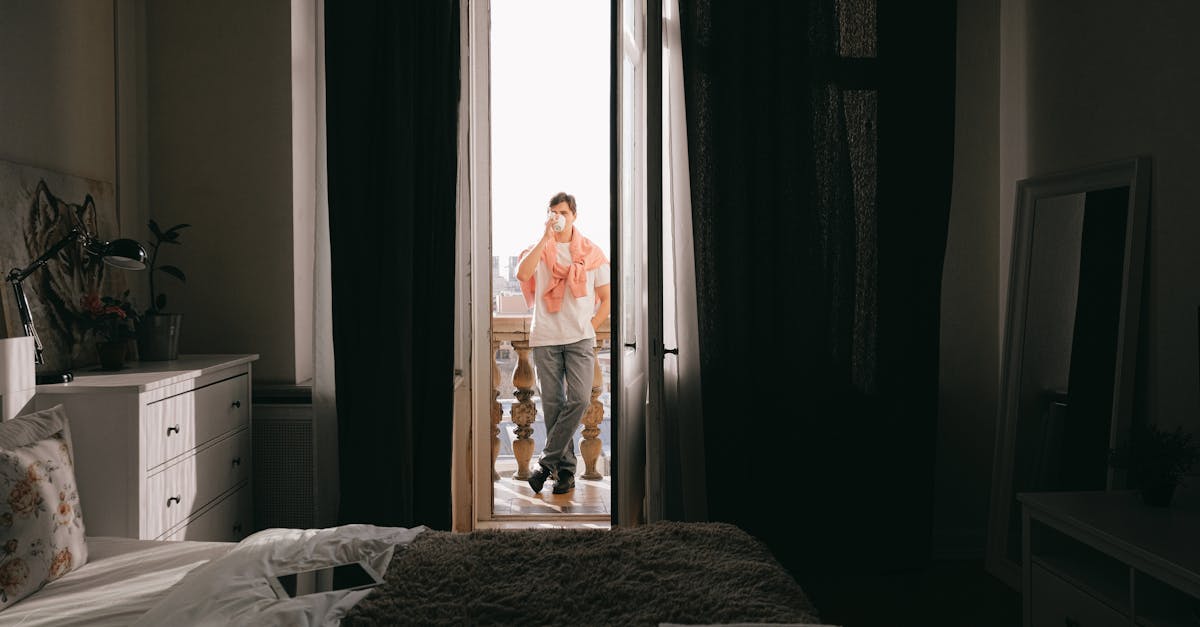Daily rituals play an essential role in managing stress. These small habits, no matter how simple, provide a reassuring and predictable framework, allowing us to initiate moments of relaxation and well-being throughout the day. Whether through conscious breathing, a moment of meditation, or even a simple walk, integrating these practices into our daily routine can significantly alleviate the effects of stress and promote better serenity. By focusing on activities that comfort and center us, we equip ourselves to navigate more calmly through our obligations and concerns.

Daily rituals also play a crucial role in managing stress by providing structure and predictability to our often chaotic modern life. These repeated and intentional habits help us create an environment in which we can feel safe and relaxed. By integrating rituals into our daily lives, we can better manage our emotions and significantly reduce anxiety.
One of the most important aspects of rituals is their ability to create a routine. When we establish regular acts, such as taking a moment to meditate or having a cup of tea in the morning, we prime our minds to anticipate these moments of calm. Consequently, our bodies begin to associate these gestures with relaxation, making it easier to transition between periods of tension and serenity. This predictability helps reduce uncertainty, which is often a significant source of stress.
Well-being rituals can also include physical activities, such as yoga or walking in nature. Moving our bodies triggers beneficial hormonal responses, thereby reducing cortisol levels, the stress hormone. Taking the time to integrate such practices into our daily lives can not only improve our physical health but also soothe our minds. Engaging in physical rituals helps us release accumulated tension, contributing to a calmer and more centered state of mind.
Another fundamental aspect of daily rituals is the importance of reflection moments. Spending a few minutes keeping a gratitude journal or checking in on our emotions helps us anchor ourselves in the present. This aids us in expressing our thoughts, becoming aware of our stress triggers, and cultivating a positive attitude. This practice is particularly powerful because by focusing on the positive, we reduce our tendency to ruminate on stressors.
Furthermore, establishing rituals related to food can also be beneficial. Preparing healthy meals and taking the time to savor them are effective ways to avoid stress related to rushing. When we take care of our bodies through a balanced diet, we enhance our physical and emotional well-being, thereby diminishing our vulnerability to stress.
Finally, it is crucial to remember that rituals are not just physical actions, but can also include social connections. Gathering with friends to share a conversation, whether over coffee or during a common activity, nurtures our sense of belonging and reduces feelings of isolation. These interpersonal connections are essential for strengthening our resilience in the face of life’s challenges.
In sum, integrating daily rituals into our lives can have a profound impact on our stress management. Whether through meditation, exercise, mindful nutrition, or social connections, these practices allow us to create a sanctuary of personal peace. By taking the time to nourish these habits, we develop stress management mechanisms that can transform our daily lives.

FAQ on Daily Rituals and Stress Reduction
Q: How can daily rituals help reduce stress? Daily rituals provide structure and predictability, which helps to decrease anxiety and promote a calm mindset.
Q: What types of rituals can be beneficial? Activities such as meditation, conscious breathing, physical exercise, and even breaks for a warm tea are excellent examples of soothing rituals.
Q: Does nutrition play a role in stress management? Absolutely, a balanced diet rich in nutrients can contribute to improving mood and reducing stress levels.
Q: What is the importance of sleep quality in this context? Quality sleep promotes recovery for both body and mind, making stress management more effective.
Q: What should I do if I’m uncomfortable with meditation? There are several alternatives, such as keeping a gratitude journal or engaging in creative activities, which can also provide space for relaxation.
Q: How much time should I dedicate to my rituals? Even a few minutes each day can make a significant difference. The important thing is to find what works best for you.
Q: Do rituals need to be done at the same time every day? While consistency can enhance the positive effects of rituals, the key is to incorporate them in a way that fits your daily life.












